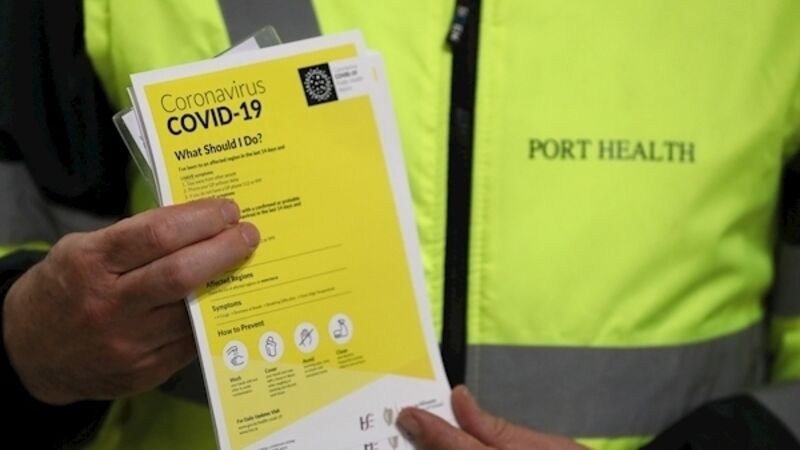WHO spokesperson: Risk virus could spread again if vigilance drops

World Health Organisation spokesperson Margaret Harris has said that Covid-19 needs to be slowed down as much as possible in order to give people a chance to get through the disease and to ease pressure on health services.
Dr Harris told RTÉ radio’s Today with Séan O’Rourke show that transmission will not immediately stop, and while the concept of a second wave comes from the experience with flu, it must be remembered that this is a completely new virus and cannot be expected to behave exactly as the flu.










